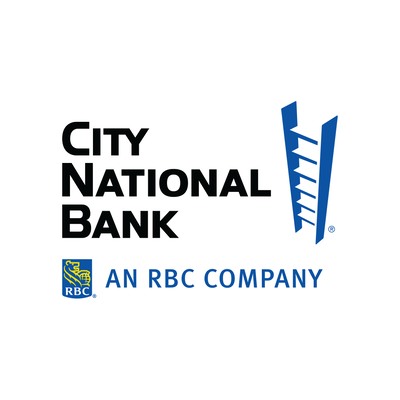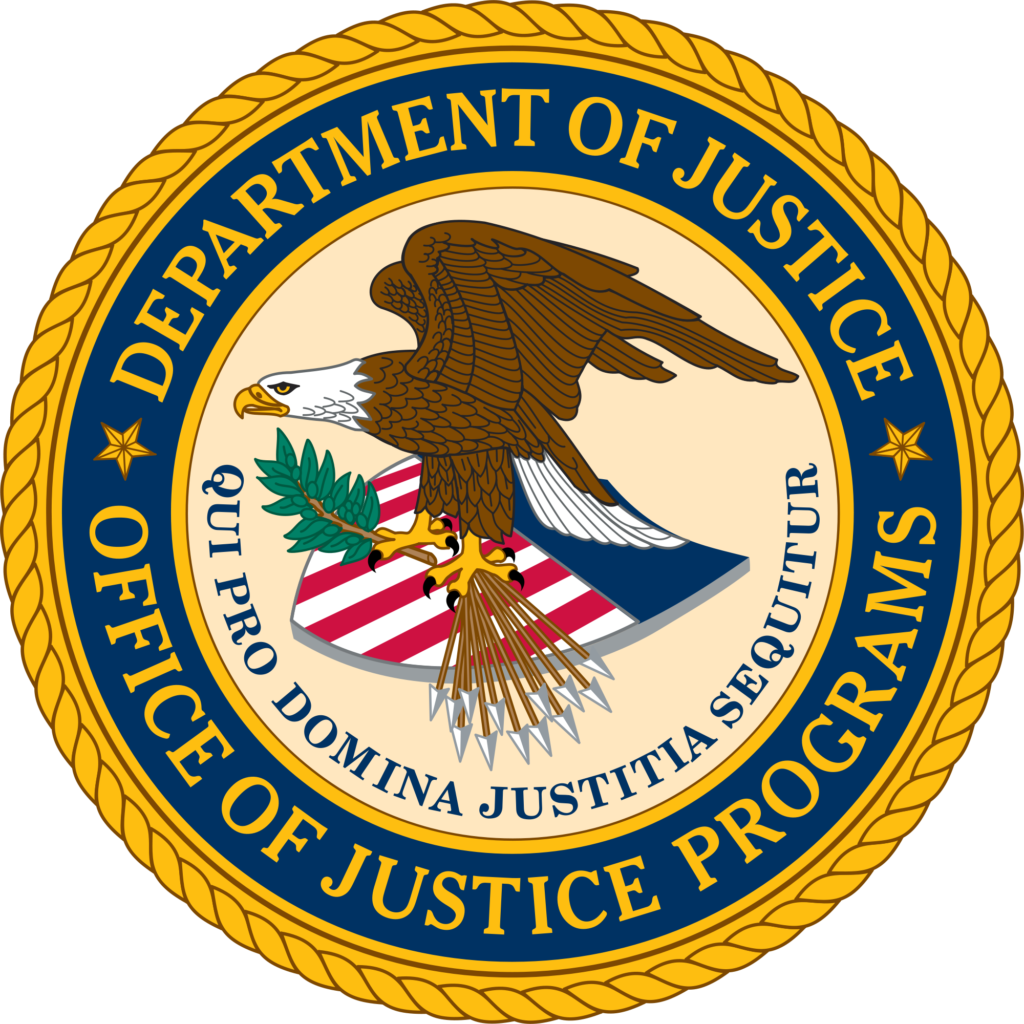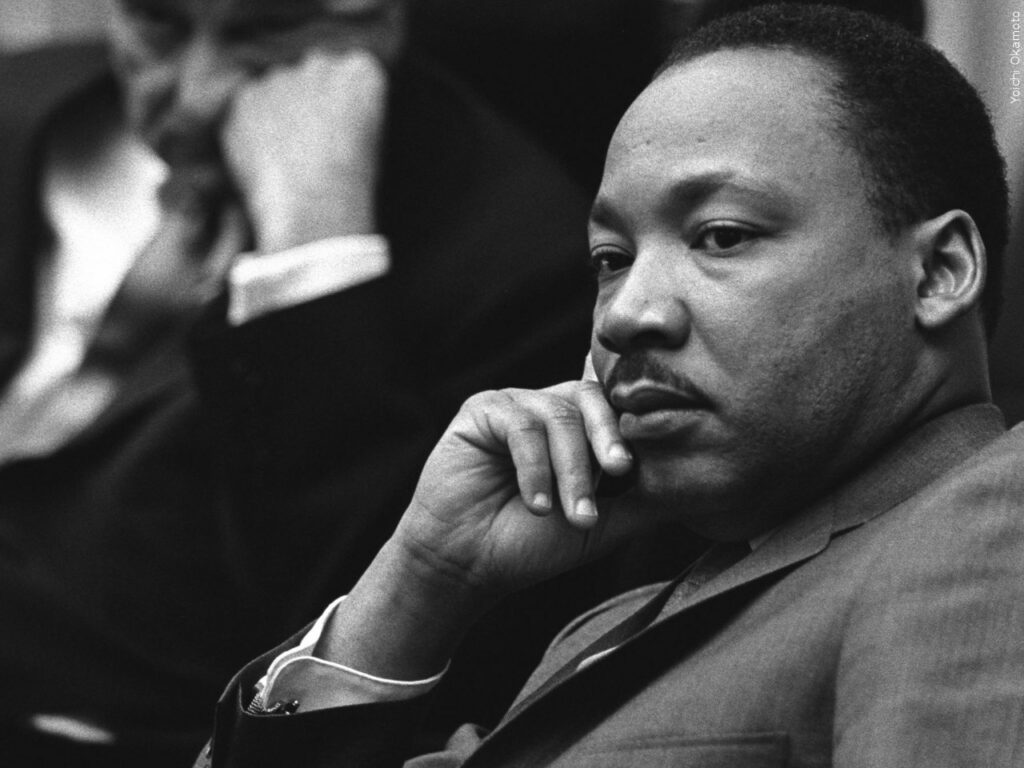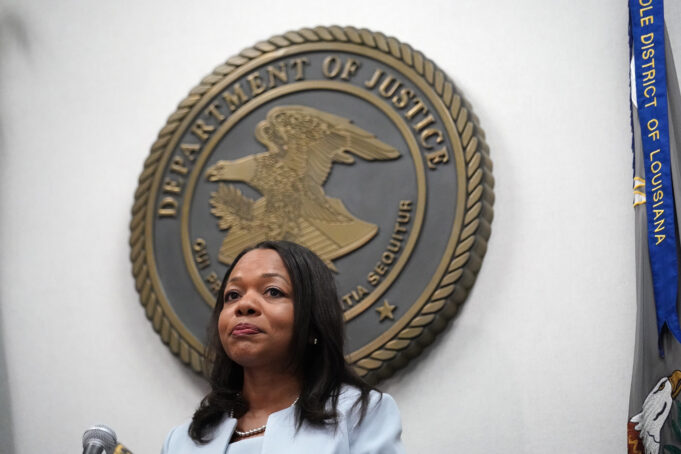The Los Angeles-based City National Bank is the latest bank found guilty of redlining, a form of racial discrimination still disproportionately affecting Black and Brown people in the United States. The United States Department of Justice accused the bank of refusing to underwrite mortgages in predominately Black and Latino communities and is requiring the bank to pay over $31 million.

“This settlement is historic, marking the largest settlement ever secured by the Justice Department against a bank engaged in unlawful redlining,” said Assistant Attorney General Kristen Clarke of the Justice Department’s Civil Rights Division. “This settlement embodies Dr. Martin Luther King Jr.’s commitment to fighting economic injustice and ensuring that Black Americans and all communities of color are able to access the American dream and freely access the credit needed to purchase a home. Redlining is a practice from a bygone era, runs contrary to the principles of equity and justice, and has no place in our economy today,” she said.
“This settlement should send a strong message to the financial industry that we expect lenders to serve all members of the community and that they will be held accountable when they fail to do so,” she added.
A Jan. 14 press release by the Justice Department describes redlining as “an illegal practice in which lenders avoid providing credit services to individuals living in communities of color because of the race, color, or national origin of the residents in those communities.”
The Justice Department’s complaint states that from 2017 to 2020, City National avoided providing home loans and other mortgage services in majority-Black and Hispanic neighborhoods in the Los Angeles Metropolitan Division, or Los Angeles County. Only three of its 37 branches at the time were in majority Black and Hispanic neighborhoods “despite the fact that well over 50 percent of census tracts in Los Angeles County are majority-Black and Hispanic,” the complaint says.
The department also accused the bank of failing to act on internal reports that indicated fair lending and redlining risk and noted the intentionality of the bank’s discriminatory actions. As a result, Black and Hispanic people were discouraged from applying for home loans at City National.
As of April 30, 2022, City National Bank had a total of $90.9 billion assets and operated 79 branches across the country. Los Angeles County is home to 80 percent of the bank’s deposits and 33 of its branches. According to 2015 census data, 27 percent of the 10 million residents of the metropolitan area are non-Hispanic Whites, 48 percent are Hispanic or Latino, eight percent are Black and 14 percent are Asian. In the last 20 years, the bank opened only one out of 11 branches—the Crenshaw branch—in a majority-Black and Latino neighborhood, and that branch does not have an employee dedicated to underwriting mortgages, the complaint says.
Dr. Michael Lens, associate professor of urban planning and public policy at the University of California, Los Angeles, expressed to The Final Call the importance of enforcing laws related to discrimination in lending practices.
“I think it also highlights, for me, how difficult it is and how infrequently we’re able to prove discrimination by particular actors in various facets of the housing market, whether it’s lenders or appraisers or buyers, sellers,” he said. Dr. Lens explained the changing face of redlining, as in the 1900s, maps displayed “redlined zones” that automatically made inhabitants, majority-Black and Brown people, ineligible for loans.
“I think what historically was redlining by the books, where you might say, ok, here’s where we don’t lend because it’s too risky because there are too many people of color there, or that’s a neighborhood that’s becoming integrated. Now, that redlining is a little bit more subconscious, or it’s systematic without being codified, where lenders will just kind of have these assumptions about risk that is inherently racialized and not necessarily based on an objective appraisal of a neighborhood or a community,” he said.
Theodore R. Daniels, the founder and president of the Society for Financial Education and Professional Development based in Alexandria, Virginia, experienced redlining firsthand. He described to The Final Call a time when he had the money for a down payment and good credit, but the mortgage company gave him a difficult time getting his loan approved.
“You got a structural problem here that exists where things are put in place to limit the financial growth of wealth creation of people of color. Using ZIP codes, big data determine how you’re going to price a mortgage or how you’re going to determine creditworthiness. Regardless of income and education, people are confronted with this all the time,” he said.

He explained that redlining is still happening in 2023 due to the desire of the majority to limit the growth of others. “Once you allow other people to gain wealth, they have as many options as you have. And once people have as many options as you have, you can’t control their well-being or where they live. So what you do, you control their income and their opportunities for growth. So, it’s intentional. It’s not by happenstance,” he said.
The Biden administration is attempting to combat discriminatory lending and bias in home valuation with a task force consisting of 13 federal agencies and offices. Though the task force “engaged more than 150 stakeholder groups,” including civil rights and advocacy groups, none of those groups are themselves a part of the task force.
On October 22, 2021, the Justice Department announced a new initiative to combat redlining. The initiative came on the heels of redlining settlements against Trustmark National Bank in Memphis, Tennessee, and Cadence Bank in Houston. The Justice Department has exposed five guilty banks since the initiative and has secured a combined $75 million in relief for communities that have been victims of lending discrimination. Trident Mortgage Company was found guilty of redlining in the Philadelphia metropolitan area and agreed to pay $20 million, and Lakeland Bank was found guilty in the Newark, New Jersey area and agreed to pay $13 million.
In October 2021, a federal court complaint was filed against Old National Bank, one of the largest banks in Indiana, accusing the bank of racial discrimination in residential mortgage lending. In March 2022, Aaron Braxton, a Black homeowner out of Los Angeles, filed a class-action lawsuit against Wells Fargo for modern-day redlining practices.
Around the same time, Bloomberg analysis of mortgage federal data found that Wells Fargo accepted only 47 percent of Black applicants for refinancing in 2021, compared with 72 percent of White borrowers. Meanwhile, other lenders approved 71 percent of Black applicants. Lower-income White applicants had almost the same approval rate as high-income Black applicants, Bloomberg analysis states.
But it isn’t just Wells Fargo or Old National or City National. Redlining and racial discrimination in lending practices are seen across the board. Bloomberg found that Black homeowners seeking to refinance mortgages in 2020 faced lower approval rates nationwide. About 70 percent of 254,000 Black applicants who completed applications had their requests approved by lenders, compared to 87 percent of 4.9 million non-Hispanic White homeowners, states Bloomberg.
Assistant Attorney General Kristen Clarke of the Justice Department’s Civil Rights Division outlined three actions being taken under the department’s redlining initiative: the creation of homeownership opportunities for especially borrowers of color; the strengthening and development of partnerships between lenders and community organizations; and the increase of business opportunities for lenders. The Final Call reached out to the division and received no response.
Though City National expressed disagreement with the Justice Department’s allegations, the bank claimed in a statement that it will “nonetheless support the DOJ in its efforts to ensure equal access to credit for all consumers, regardless of race.”
The bank agreed to invest at least $29.5 million in a loan subsidy fund for Black and Latino borrowers and to spend $1.75 million on advertising, community outreach and partnerships and financial education programs.
Mr. Daniels described that the bank sees the settlement money as “just the cost of doing business.”
“It doesn’t bother them because they still are in a situation where they still can control the ability of underserved communities to grow,” he said.
He noted that change has to start at the top and that the leader of the bank has to be intentional about eliminating redlining. If it’s not intentional, it’s all lip service, he said. He explained that to measure accountability, companies that do analysis on mortgage lending can go in and track the data and research. He also emphasized the importance of financial literacy in the Black community, moving away from excessive consumer spending and building up a financial base.
To Dr. Lens, redlining in banking and the housing sector isn’t a problem Black people should be asked to solve. “But of course, we have to do something for ourselves as usual,” he expressed. “I think there is a role for financial literacy, financial education. So, making sure that prospective homeowners know what they’re getting into.”
He added that Black people should try pooling their resources together to buy land to either build rental housing, to maintain affordable rental housing or to invest in cooperative homeownership models.

In the final speech of his life, “I’ve Been to the Mountaintop,” delivered on April 3, 1968, in Memphis, Tenn., Dr. Martin Luther King Jr. explained the need for Black people to build a greater economic base. He called upon Black people to take their money “out of the banks downtown and deposit your money in Tri-State Bank,” a Black-owned financial institution that has, in recent years, merged with the Black-owned Liberty Bank and Trust Corporation.
The Honorable Minister Louis Farrakhan of the Nation of Islam spoke out against “wealthy White financiers” in a Final Call article titled “The Key to Success: Do For Self.”
“We must make the business world more accountable to us, also. Take, for example, the situation of banks and their relationship to the Black community. Black people put millions of dollars into these banks, but get little or no benefits in return. They take our money and invest it, but the Black community reaps nothing because the banks do not invest within the Black community. They take our money and build houses that we cannot live in,” Minister Farrakhan said.
“We can no longer tolerate this behavior. The banks that we do business with must become more responsive to our needs,” the Minister added.













